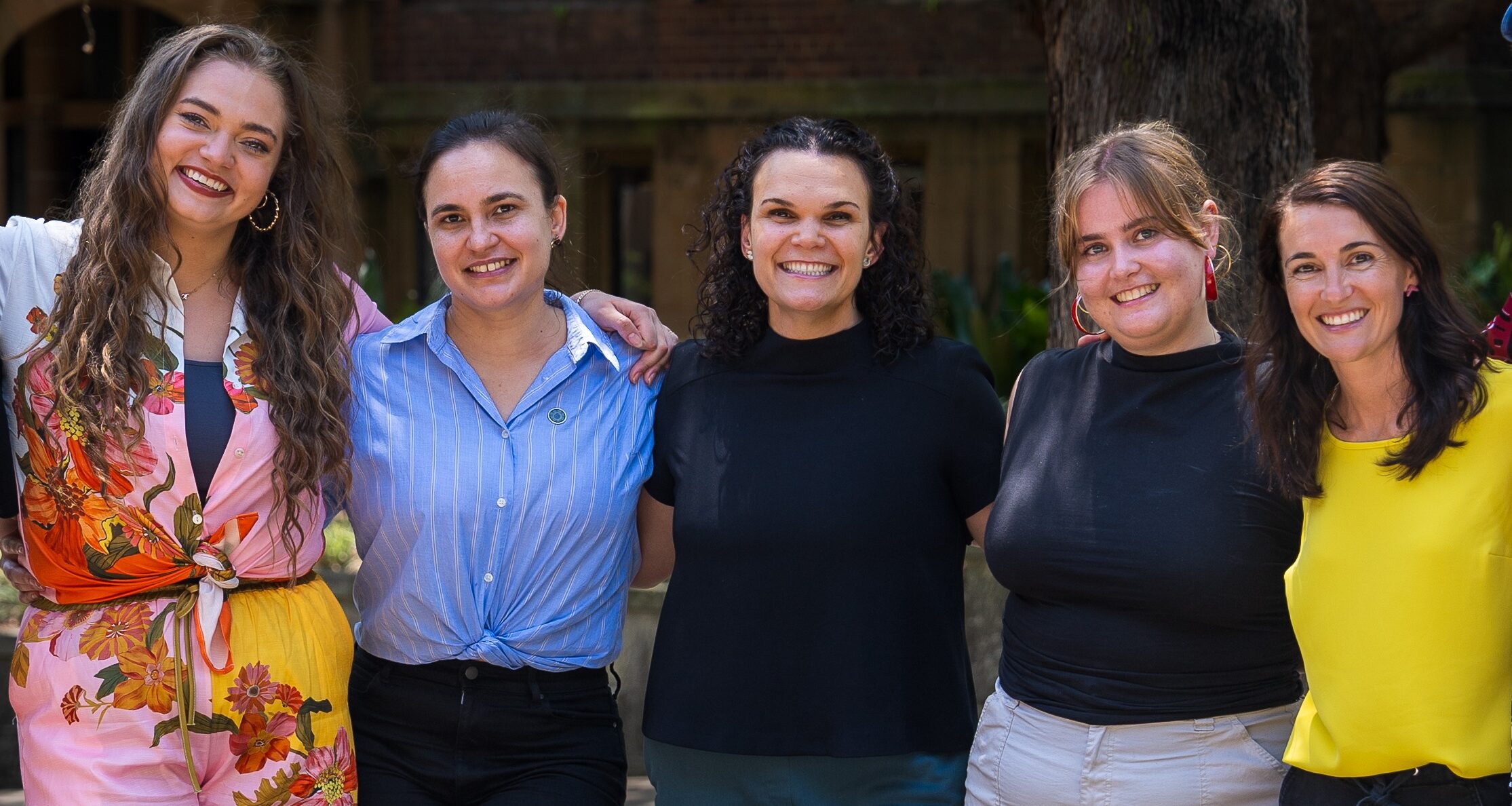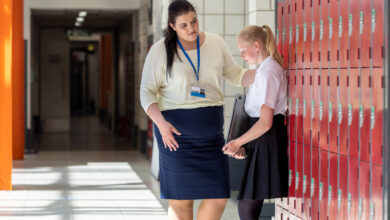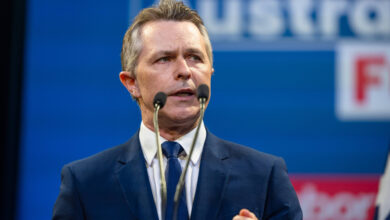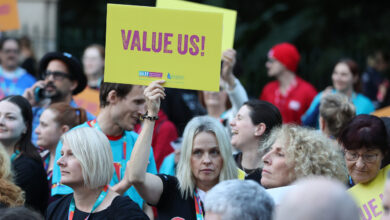Top StoriesWorkforce
Wiradjuri woman Leila Smith: From alternative pathways to Cambridge and CEO

Aurora Education Foundation is an Indigenous education organisation that provides opportunities and resources, such as scholarships and tutoring, to First Nations students.
Please login below to view content or subscribe now.




